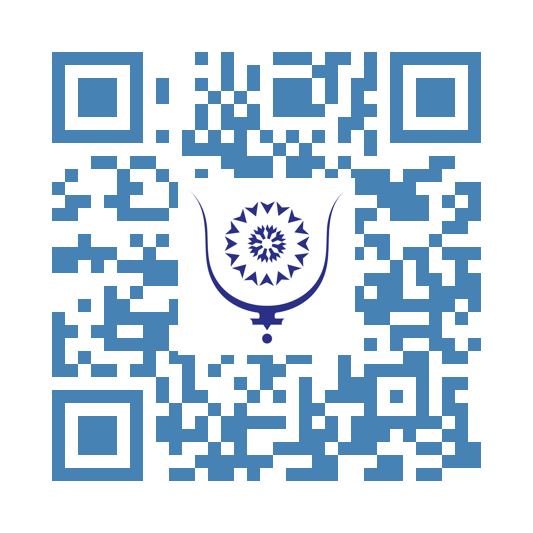The Smara Attack: A Reflection of Power Struggles in Algeria... 4326
The recent Polisario attack on Smara, in the Moroccan Sahara, takes place within a context of deep divisions within the Algerian military hierarchy, which directly influence the policy of the Algerian state. These internal tensions, marked by strategic rivalries, impact the Algiers-Polisario strategy vis-à-vis Morocco.
This offensive, targeting notably a MINURSO base and the small airport of Smara, reflects the will of certain sectors of the Algerian army, supporting the Polisario, to challenge the international community and counter American diplomatic pressure, particularly the bill in Congress aiming to designate the Polisario as a terrorist organization. This move also likely reflects a disagreement within the Algiers-Polisario alliance, exacerbated by the request of the Algerian Chief of Staff, Said Chengriha, to return the Iranian weapons supplied to the Polisario, signaling a probable change of course under international pressure.
The Polisario, dependent on Algerian authorities for its actions, illustrates through this attack the fractures within the Algerian military hierarchy. Several currents oppose each other: some advocate rapprochement with France, others maintain the historic relationship with Russia, while others seek to appease the United States. These divergences are amplified by regional geopolitical stakes, notably the war in Ukraine, and by Morocco’s rapprochement with Sahel countries, which exasperates certain members of the general staff.
Moreover, the concentration of military, political, economic, and diplomatic powers in the hands of General Chengriha fuels tensions with the civilian presidency. President Tebboune, although formally head of state, sees his authority challenged, as demonstrated by the private meeting with Emmanuel Macron held without prior consultation of the general staff, causing a cooling of relations at the top before the ‘president’ was reprimanded.
These internal conflicts directly influence the management of the Sahara dossier. The Polisario attack appears as an expression of power struggles: some officers favor an aggressive posture to preserve their influence, while others prioritize caution in the face of risks of diplomatic isolation and sanctions.
The increasing integration of the military into the civilian administration, reinforced by a recent presidential decree, illustrates the general staff’s desire to control all levers of power, accentuating the politicization of the army and internal tensions.
Finally, the fact that the attack did not achieve its major objectives seems deliberate, constituting a kind of “signature” with Iranian rockets. This gesture can also be seen as a sign of despair from a diplomatically isolated movement and an indicator of divisions at the military top, with some seeking to show that a change of power could open other regional options.
This operation, far from unanimous, weakens Algiers’ position and strengthens the arguments of figures like Joe Wilson and Jimmy Panetta.
Highlighting that major national decisions occur within a context of internal rivalries within the military institution, a pillar of power in Algeria, no one can believe that the decision to launch rockets against Morocco was made in a unanimous conclave.



